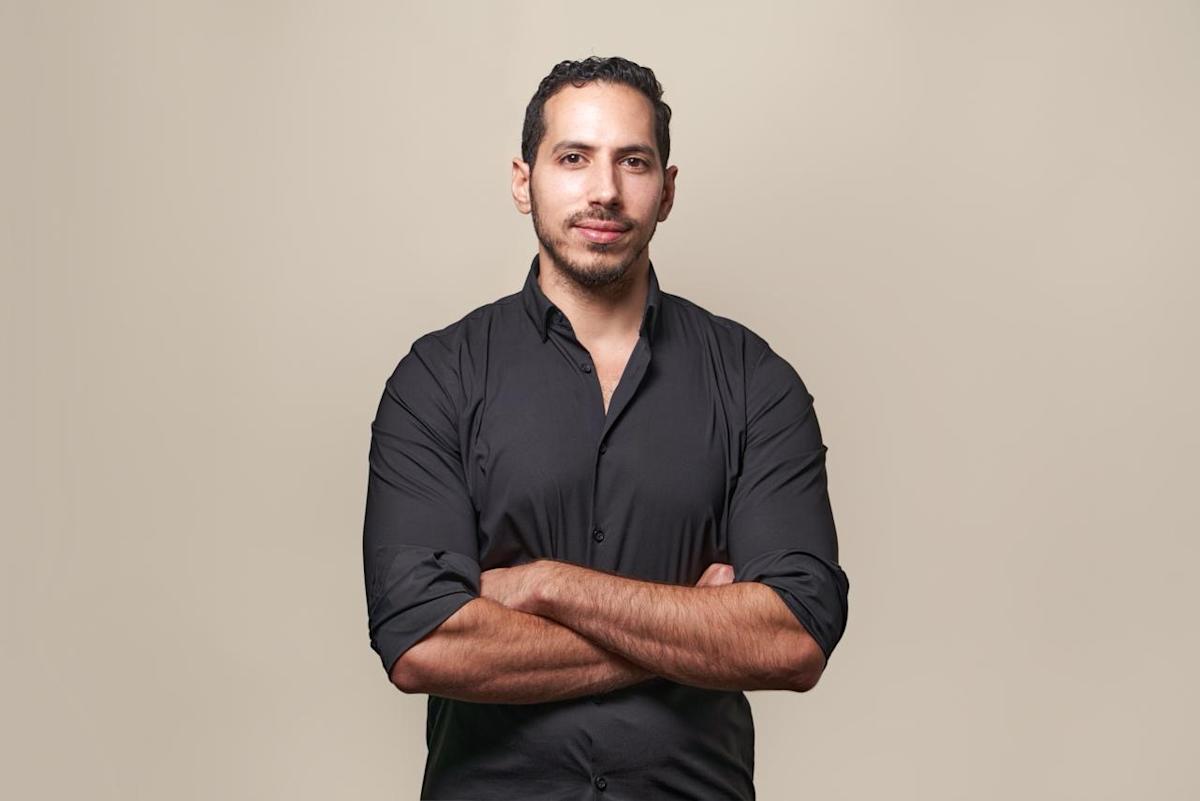Khalid Ashmawy remembers the first time he wired money home while studying in Europe.
He had just received his monthly stipend as a master’s student in Stuttgart and wanted to send part of it back to his family in Cairo. It was usually a slow and expensive process, he recalled. A $400 wire transfer, for instance, could cost $40 in fees and take three business days to arrive.
Years later, while working at Microsoft and Uber in the U.S., and even after founding a startup, that experience hadn’t improved much.
The persistent pain point across different stages of his career eventually inspired Ashmawy to launch Munify, a cross-border neobank designed to give Egyptians abroad a faster, cheaper way to send money home and, for residents in the country, access to U.S. banking.
Earlier this year, the startup joined Y Combinator’s Summer 2025 batch, a rare entrant from outside the U.S. and one of the few without a core AI pitch in a class dominated by generative AI startups. The company also raised $3 million in seed funding from the accelerator and other regional investors, including BYLD and DCG.
“Banking wasn’t built for people like me. It’s very costly, takes a long time, and is fragmented,” the founder and chief executive told TechCrunch in an interview. “It’s a problem I have personally experienced and one that resonates with a lot of people who want to send money back home quickly and efficiently.”
Ashmawy grew up in Egypt, studied computer science, and developed a deep love for software early on. A scholarship took him to Europe, where he completed two master’s degrees in Germany and Switzerland.
From there, he spent seven years as an engineer and team leader at Microsoft and Uber — experiences that opened his eyes to the world of disruptive technologies and startups.
His next step was inevitable. In 2019, Ashmawy left Uber to launch Founders Fund–backed Huspy, a proptech platform focused on mortgages in the Middle East, serving as its chief technology officer until 2022.
Leaving Huspy gave him space to reflect on his own immigrant journey. Once again, the issue of remittances loomed large. Meanwhile, in other emerging markets, platforms like Nigeria’s LemFi and India’s Aspora were already taking off, helping migrants from those countries send money back home.
LemFi moves remittances further into Asia and Europe with $53M in new funding
Egypt is one of the world’s largest remittance markets, receiving nearly $30 billion in inflows annually.
While bank wires and traditional remittance platforms such as Western Union and MoneyGram remain the dominant options, Munify hopes to be the first choice in a growing crop of digital banks that promise cheaper and faster transfers.
